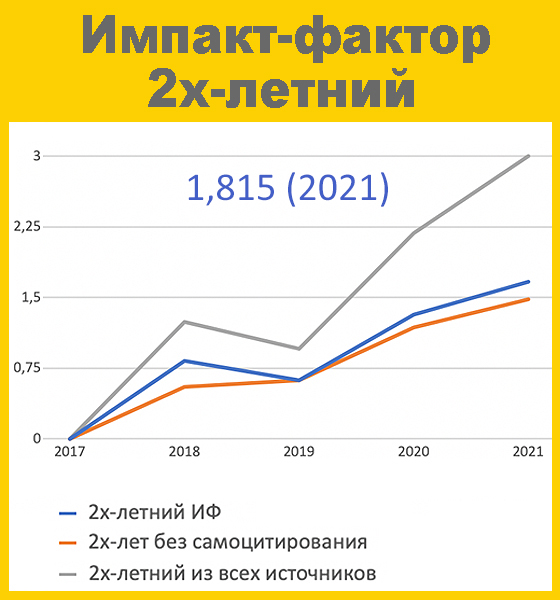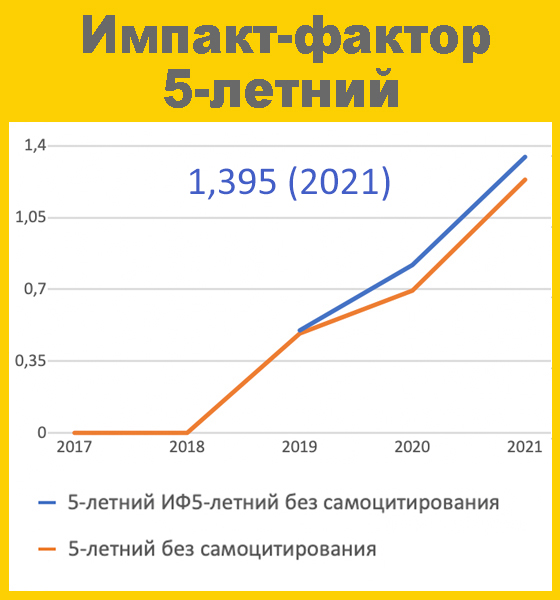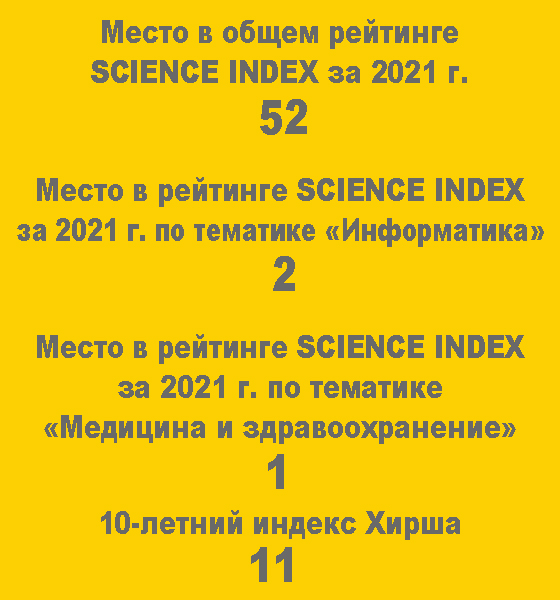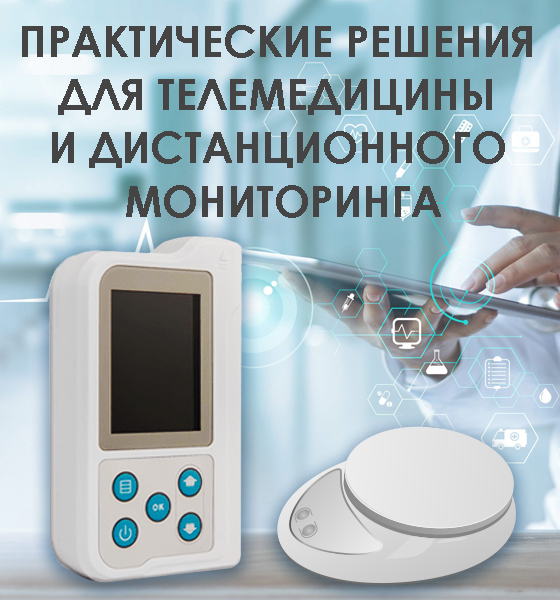Virtual reality (VR) in clinical medicine: international and Russian experience DOI: 10.29188/2712-9217-2021-7-3-7-20
Zelensky M.M. – Software engineer, co-founder and editor-in-chief of the Evercare, General Director of Medical Web Technologies LLC; Moscow, Russia; https://orcid.org/0000-0002-5571-6490
Reva S.A. – PhD, head of the Department of oncology No6 (of andrology and oncourology), Research Center of Urology, Pavlov First Saint Petersburg State, Medical University, St. Peters- burg, Russia; researcher, N.N. Petrov Research Institute of Oncology; Saint-Petersburg, Russia; https://orcid.org/0000-0001-5183-5153
Shaderkina A.I. – 3st year student Institute of Clinical Medicine of the First Moscow State Medical University named after I.M. Sechenov (Sechenov University); Moscow, Russia; https://orcid.org/0000-0003-0639-3274
 2000
2000 Introduction. This article reviews an application of highly technological methods of virtual reality (VR) in clinical practice based on various studies and experiments of foreign and Russian researchers in recent years.
The aim of this review is to demonstrate application of virtual reality technologies for further transformation of classical medicine into digital one.
Materials and methods. There is significant growth of interest in the use of VR in medicine. Particularly, only in PubMed library such dynamics can be traced by using key words «VR technology in medicine»: in 2017 year there were 58 articles, in 2018 – 65, in 2019 – 106, in 2020 – 127, and currently in the first half of 2021 year there are already 145 articles. For this paper 37 articles from international journals and 28 from Russian ones were selected. The accent was made on the usage of VR technologies in different fields of clinical medicine, education of medical staff and patients.
Results. In this paper we described wide range of experiments on using VR technologies during various medical manipulations such as diagnosis, planning of surgical interventions, cognitive therapy, pain management, preventing medicine and conservative treatment. Examples of successful clinical management of patients during rehabilitation and health maintaining were shown. Medical fields where VR is currently widely used were chosen, promising directions for further research were indicated. We also described opportunities of VR application for teaching medical staff.
Conclusion. Nearly all researchers who applied virtual reality (VR) in clinical practice have come to similar conclusion. This innovative tool is a breakthrough in medicine and it has high potential for using it by physicians, patients and health care organizers. Authors have articulated issues which should be managed for further successful introduction VR technologies into modern clinical practice.
| Attachment | Size |
|---|---|
| Download | 565.39 KB |



















































